
Alberto Alonso
Intel
Evenstar
The OCP Project & Sub-Project Leads help to organize and direct various OCP projects and sub-projects. These amazing volunteer leaders are the shepherds of new contributions (specs, designs, software, systems, facilities, etc.) that are part of the OCP ecosystem. They help to drive innovation, cultivate our community and foster growth of openness and scale across projects, verticals and geographies.

Intel
Evenstar
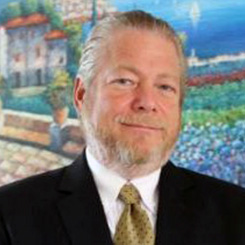
RakworX
Modular Data Center
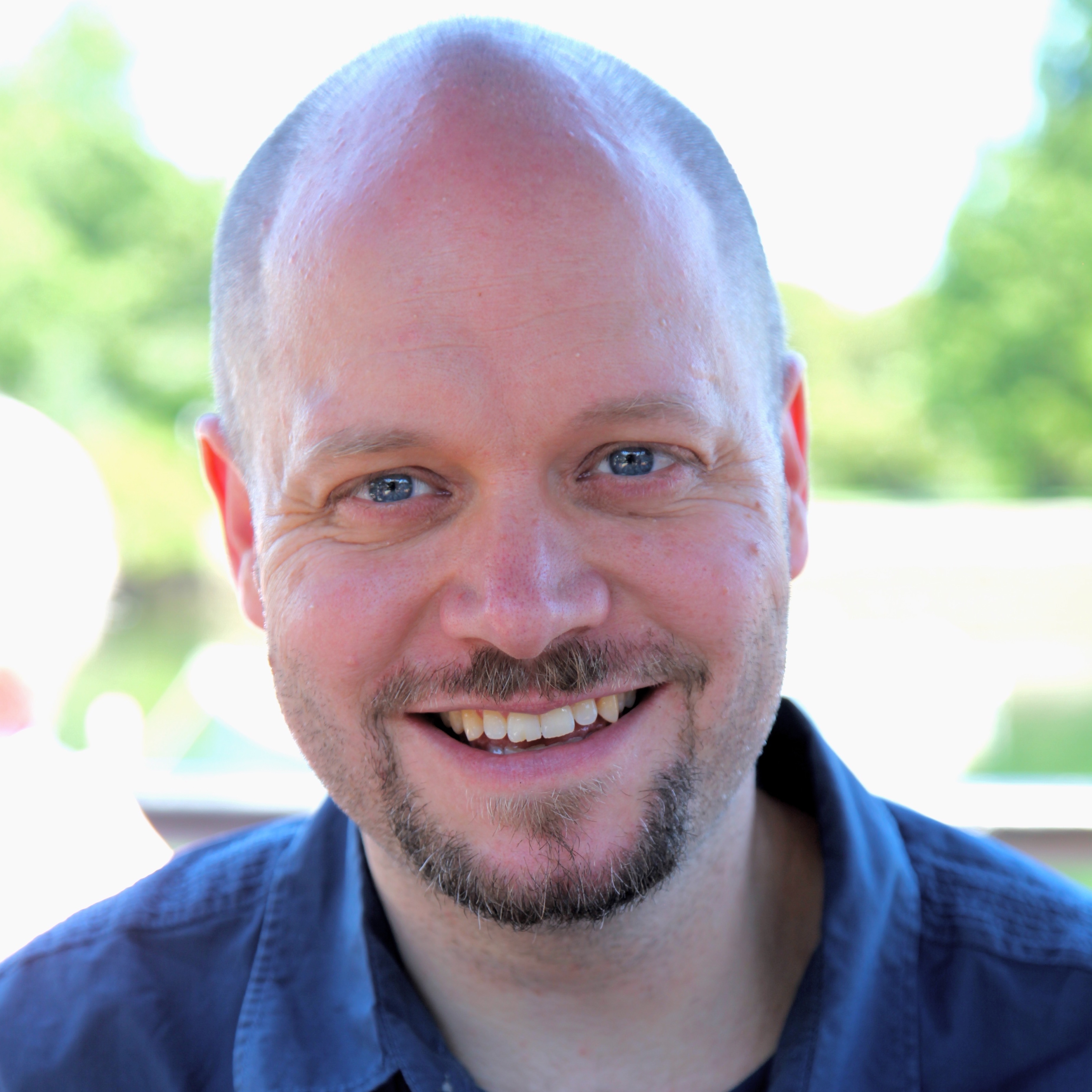
Flax Computing
Future Technologies Initiative

Roxtec
DCF Sustainability
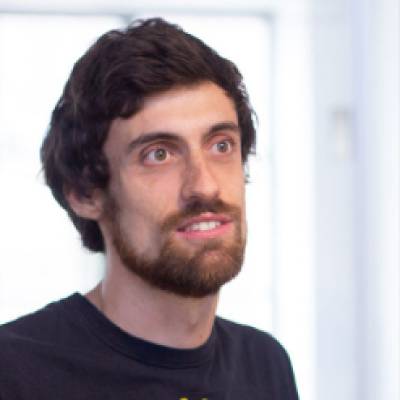
AQ Compute
Heat Reuse
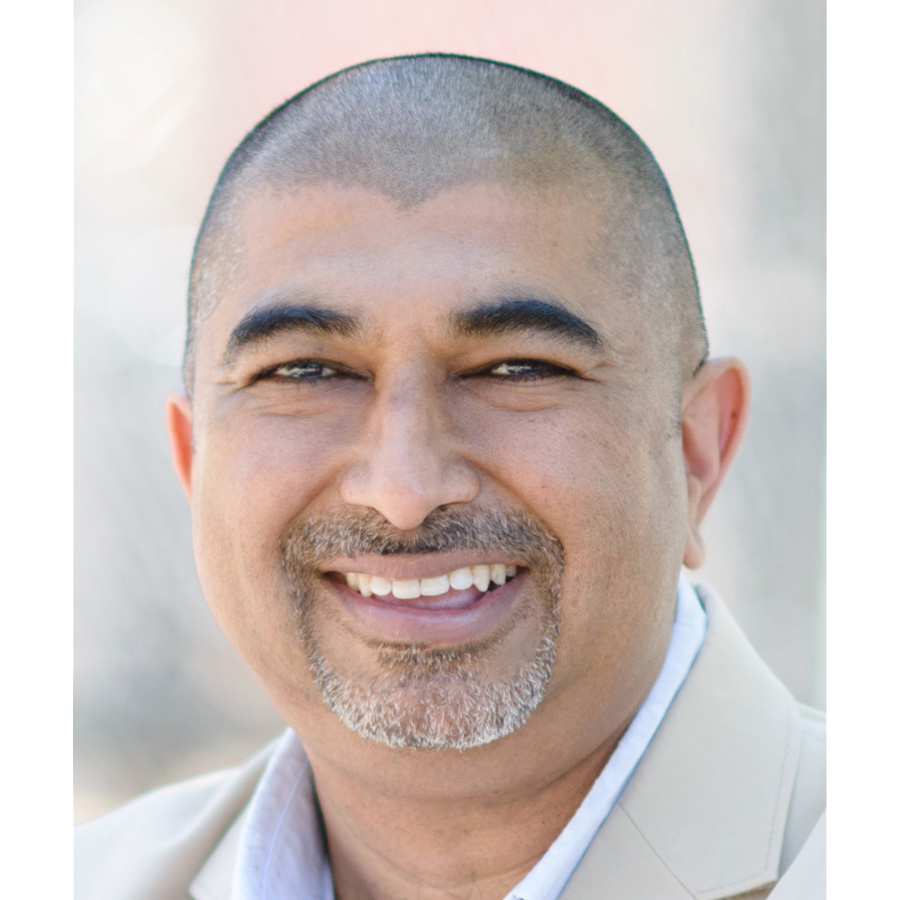
Palo Alto Electron - DELETE
Open Domain-Specific Architecture
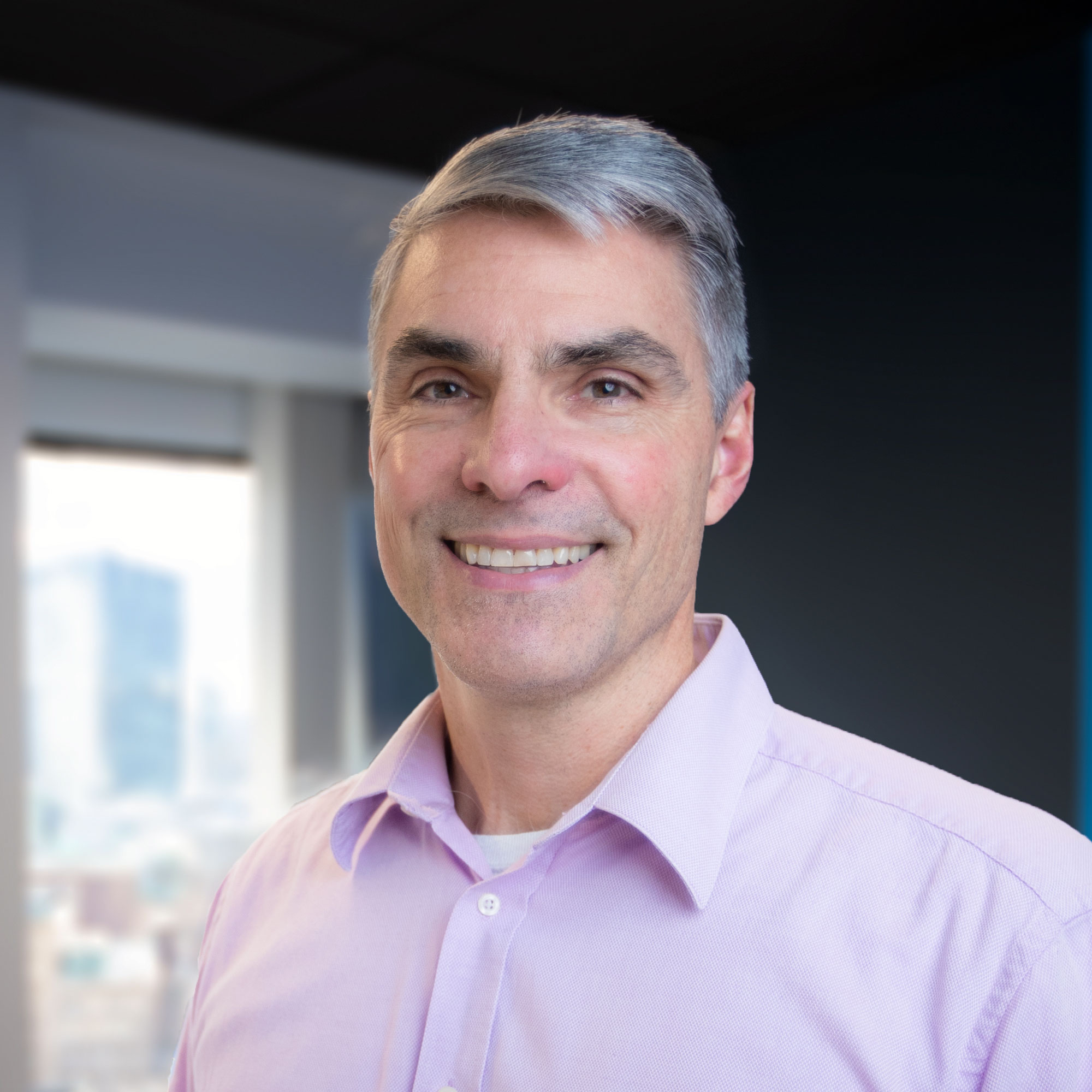
Lightelligence
Short Reach Optical Interconnect

Lucid Vision
Evenstar


Dell Technologies
Cold Plate
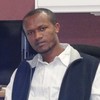
Intel
Cold Plate
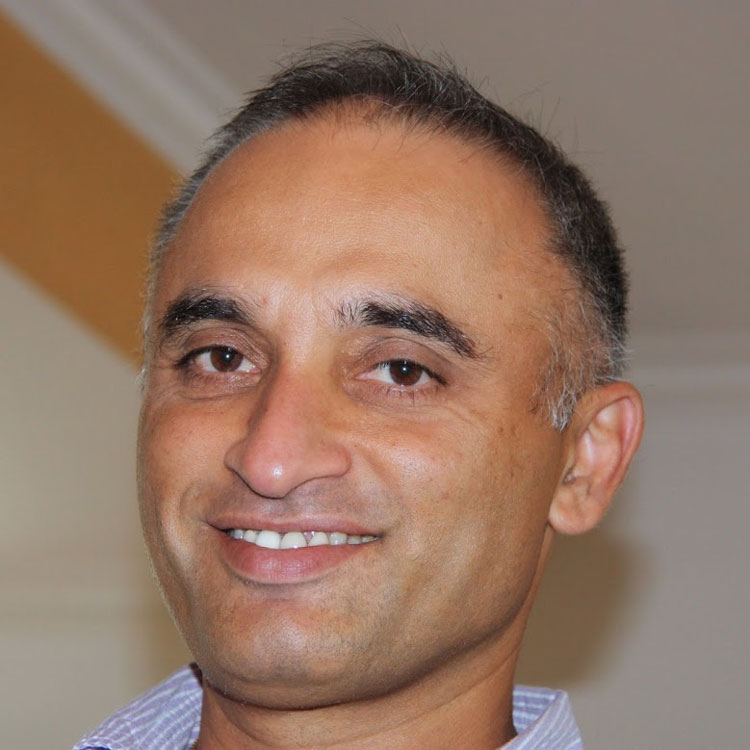
AEI – Advanced Energy
Rack & Power

Microsoft
Heat Reuse
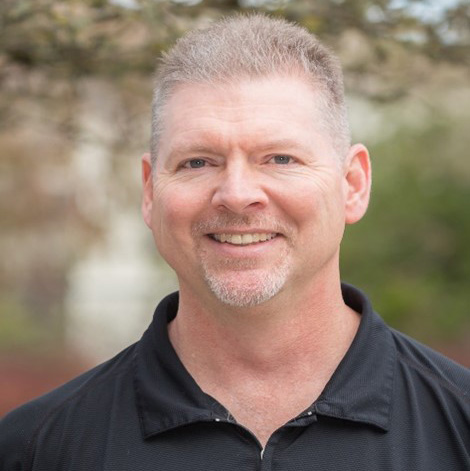
Intel
Sustainability

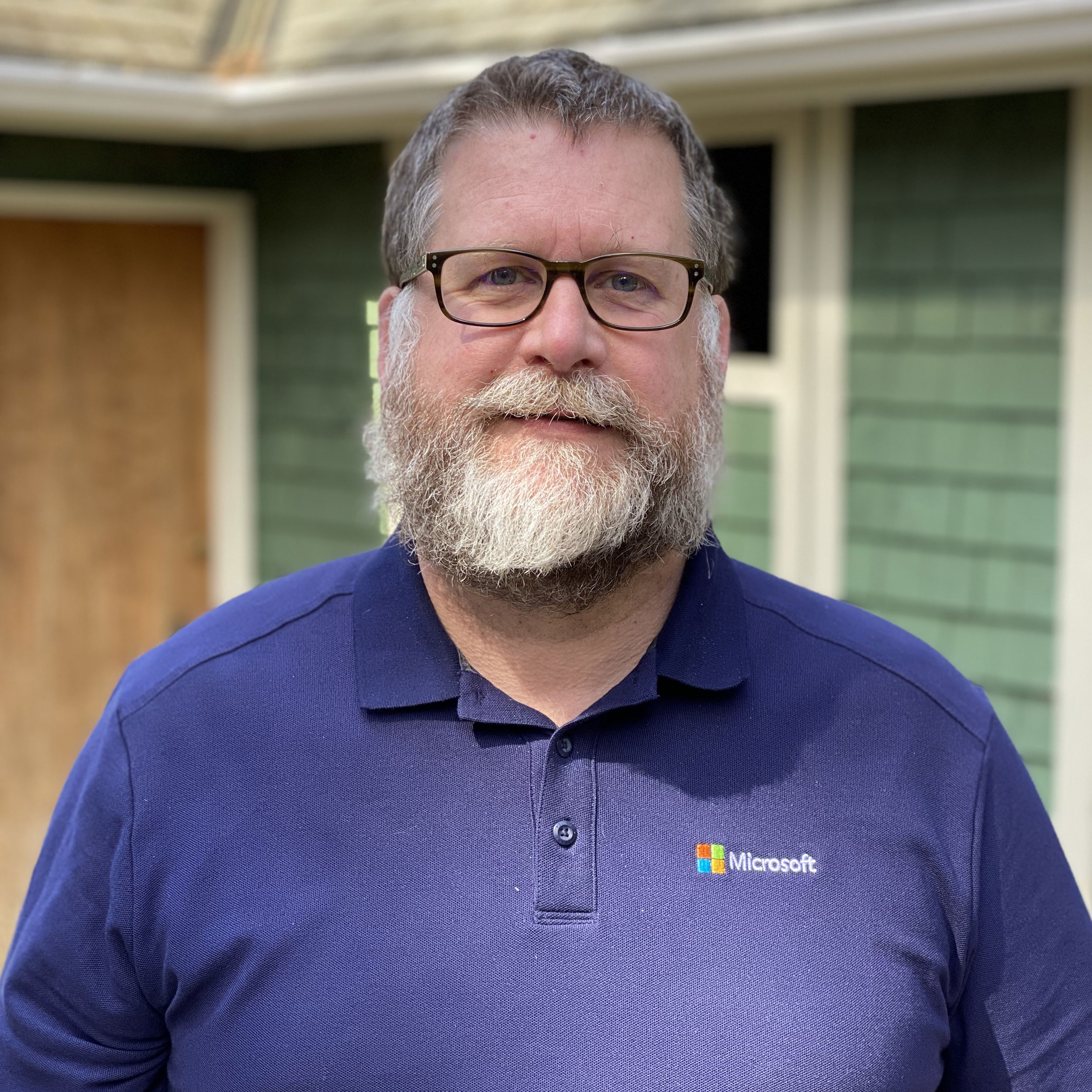
Microsoft
Storage
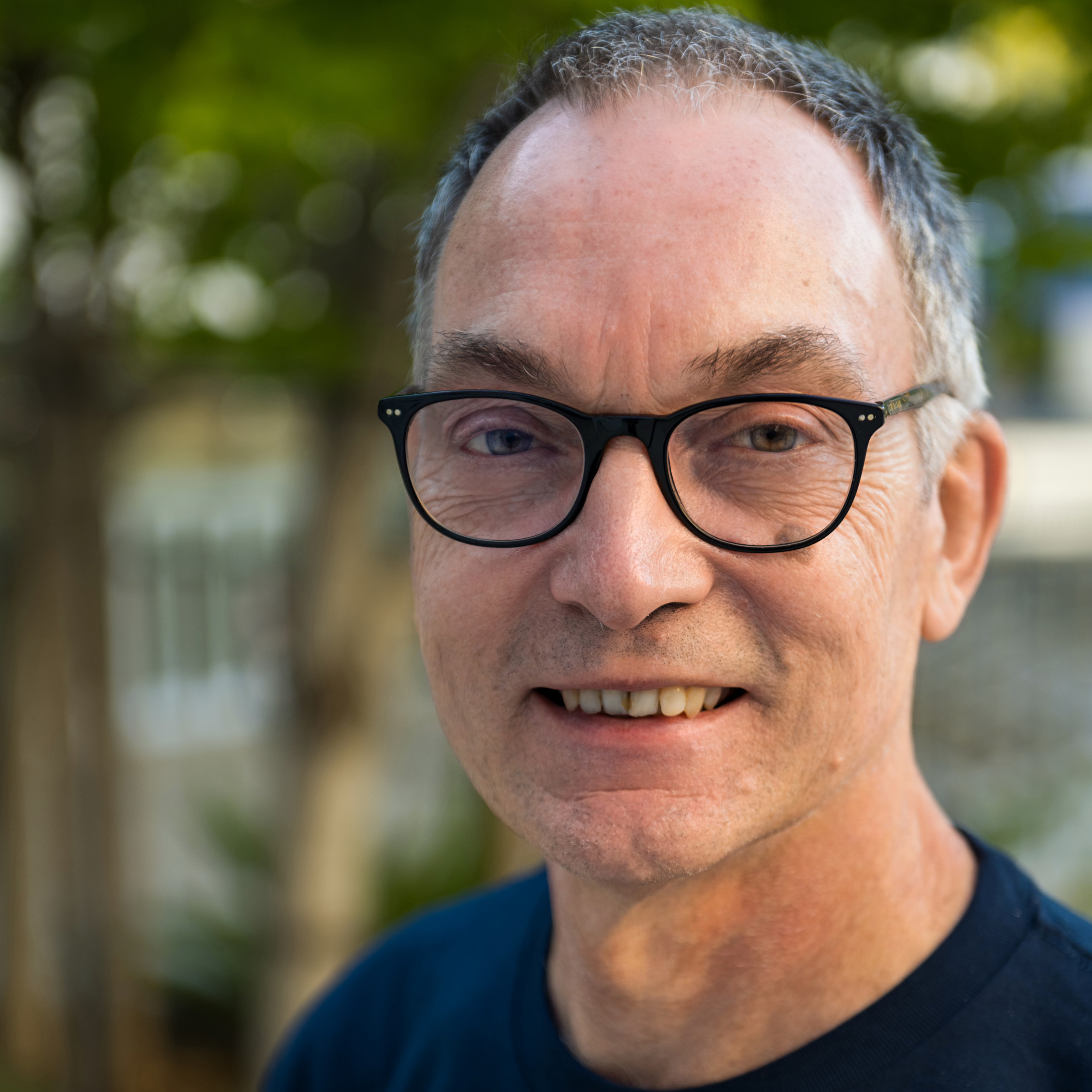
Open Compute Project
OCP Ready™ Facility Recognition Program
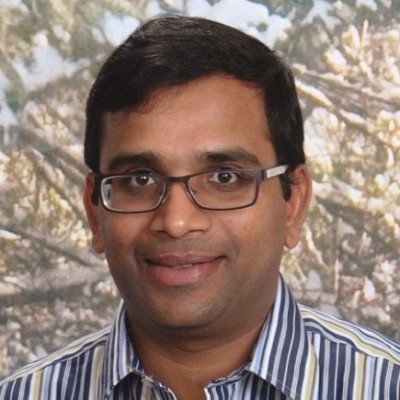
Microsoft
Hardware Fault Management - Incubation
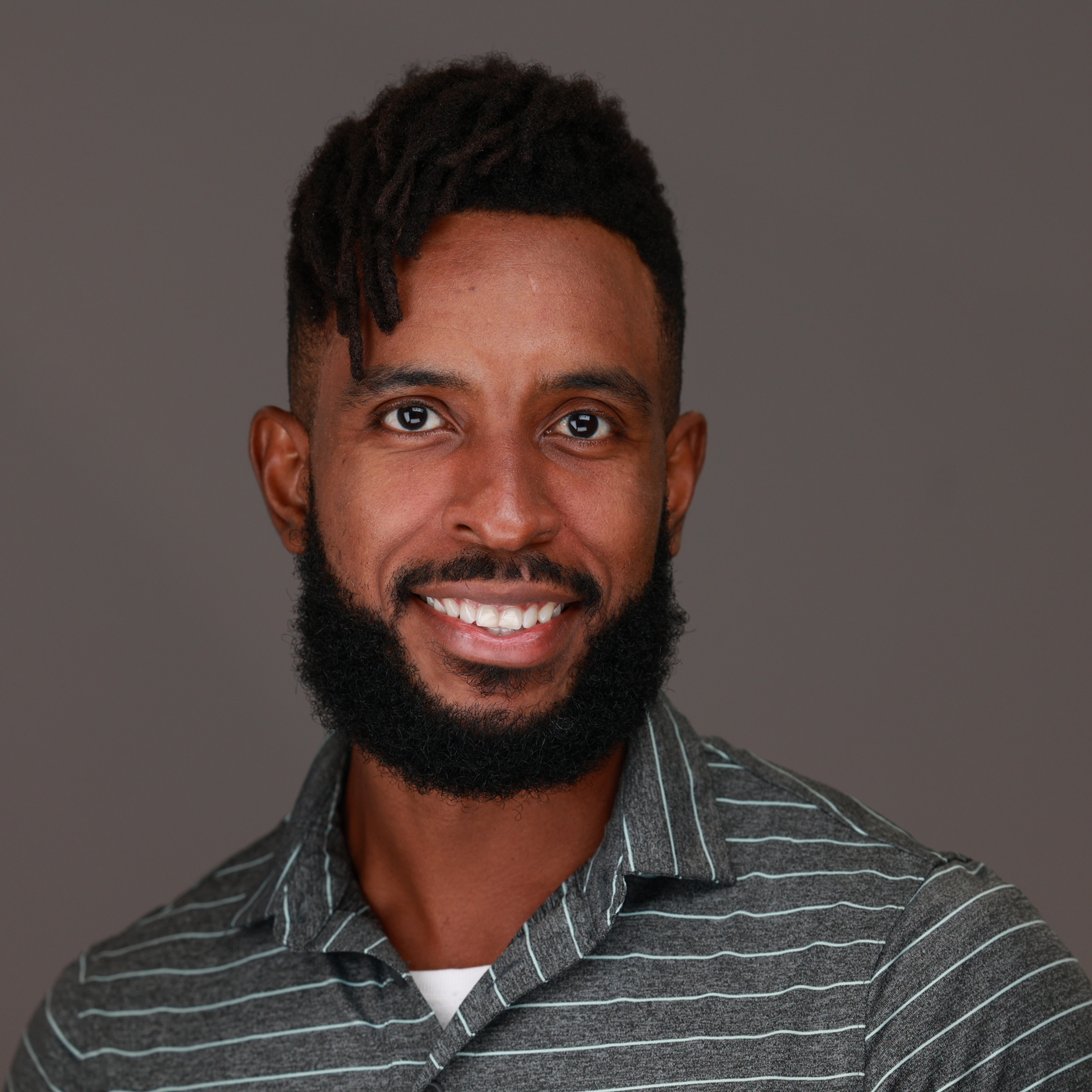
Individual Member
Door Heat Exchanger

Open Compute Project
Future Technologies Initiative
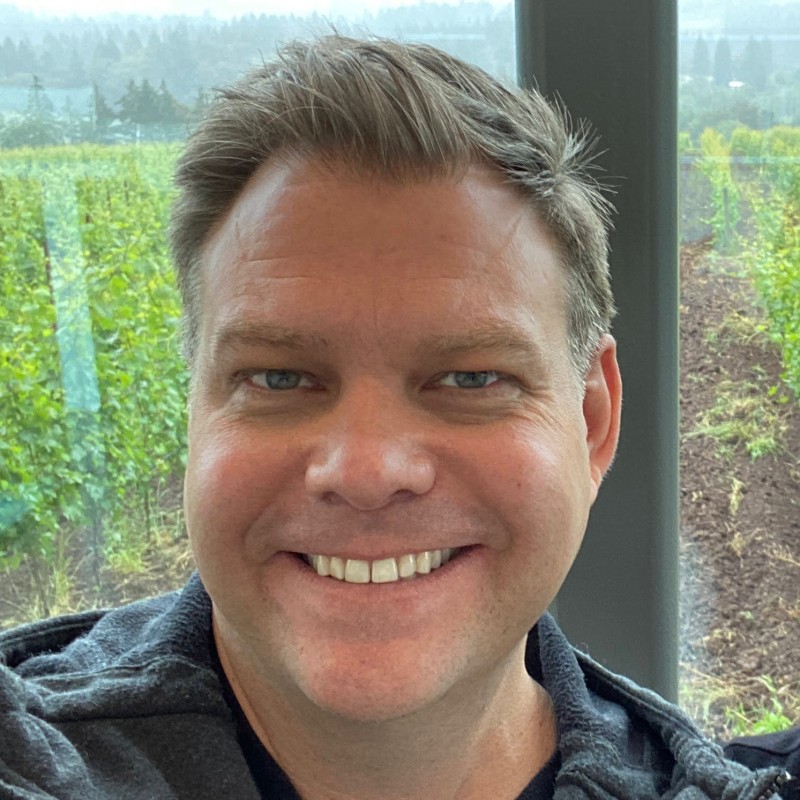
Intel
DC-MHS

Nokia
Edge

Dell Technologies
DC-MHS
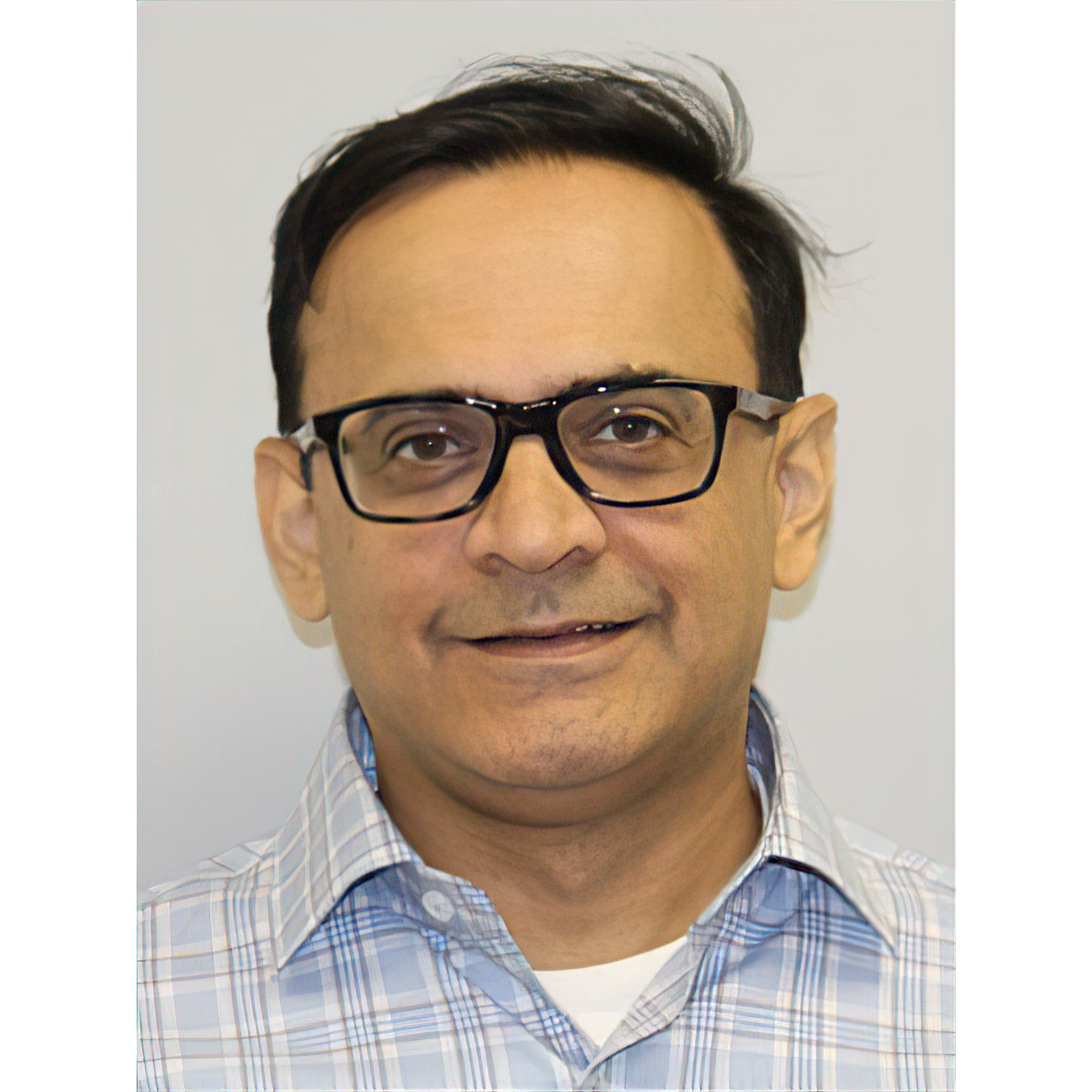
Individual Member
Telco

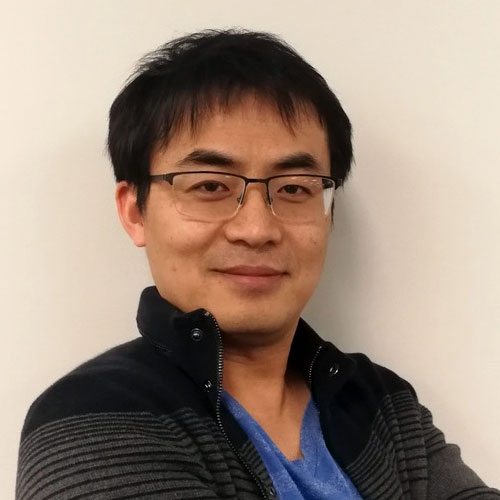
Meta
OpenRMC-DM
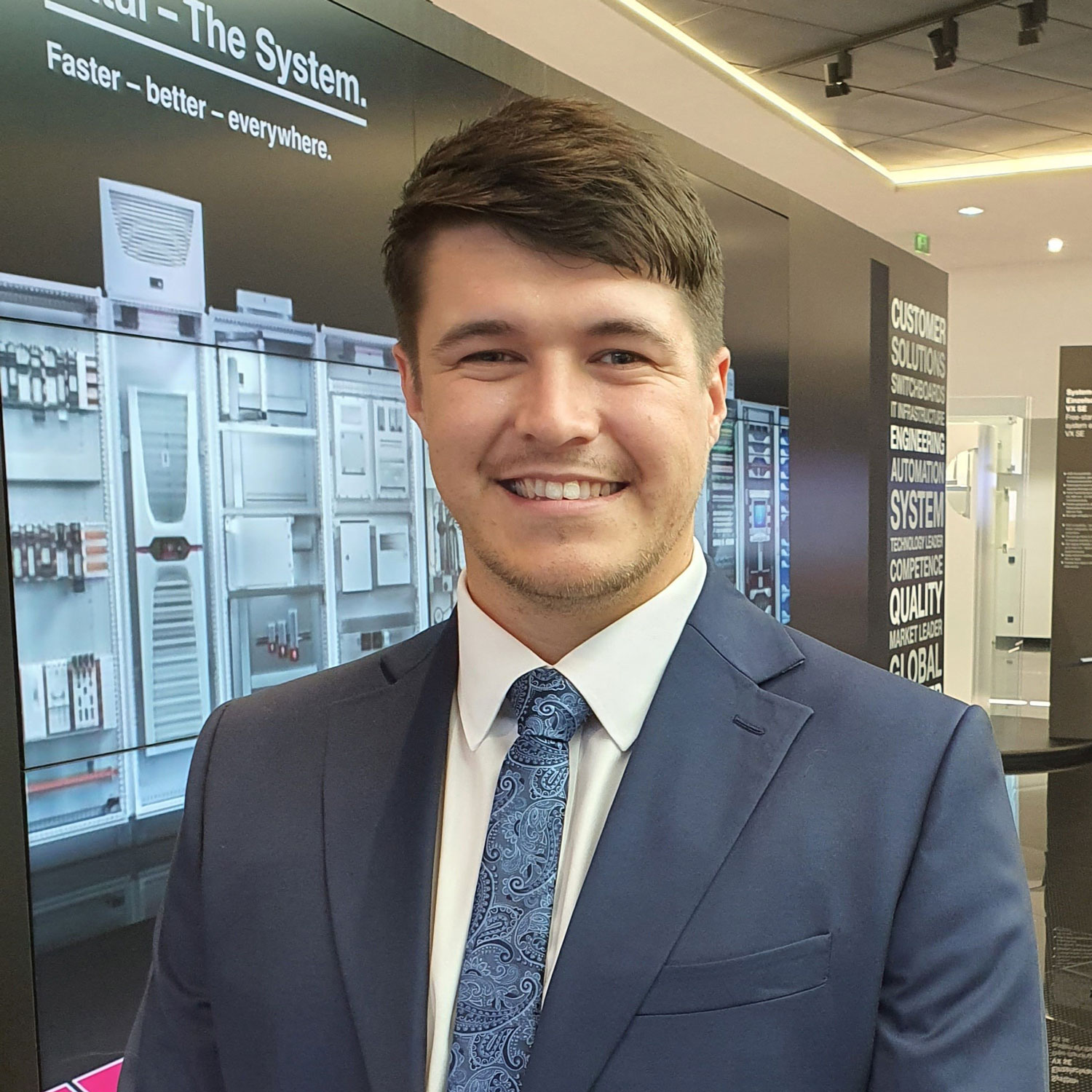
Rittal
Rack & Power
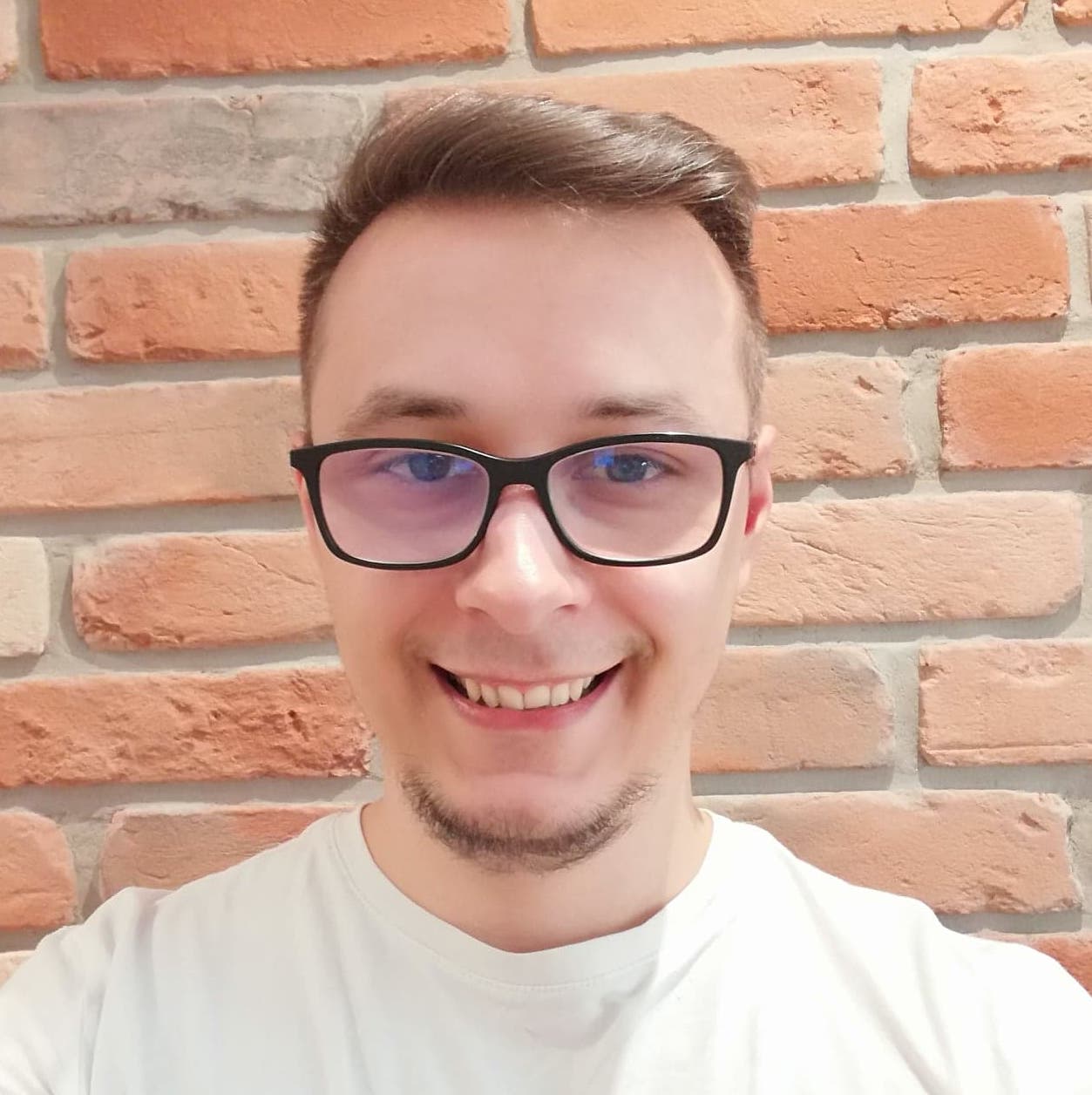
Intel
OpenRMC-DM
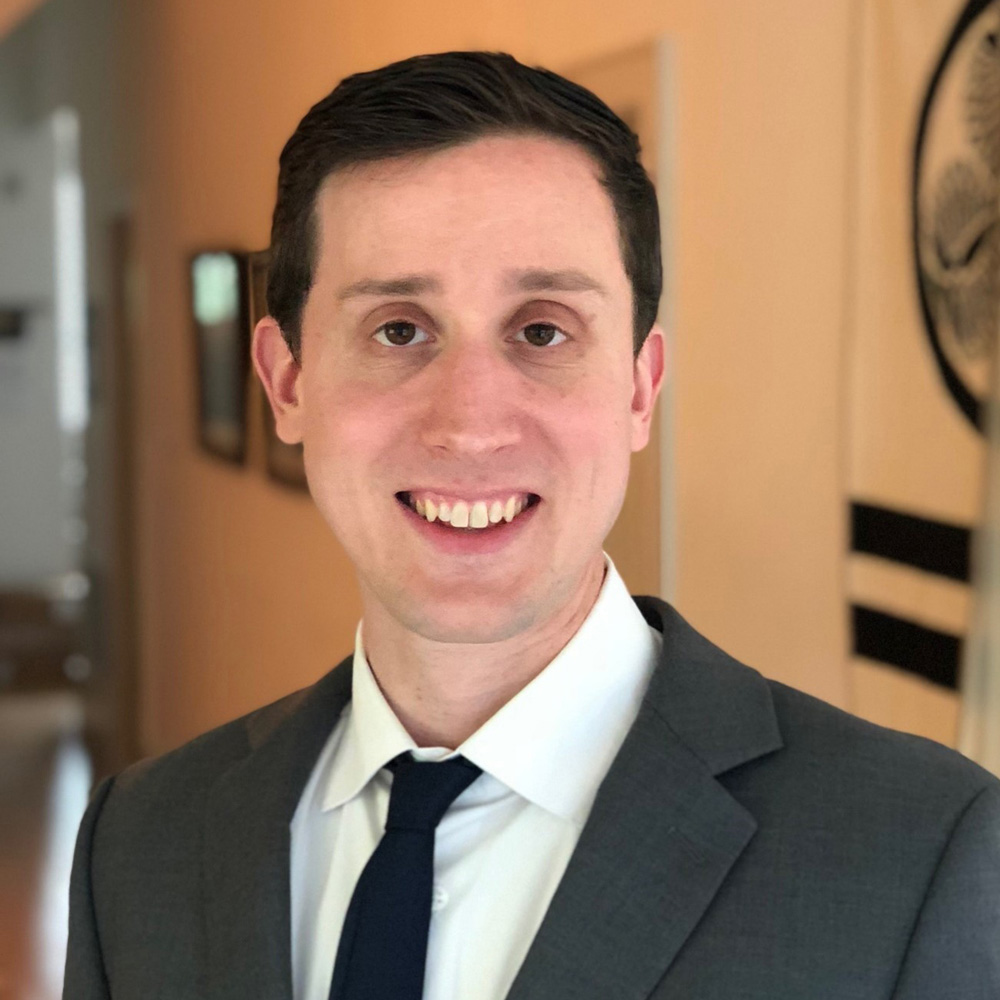
Schneider Electric
Sustainability
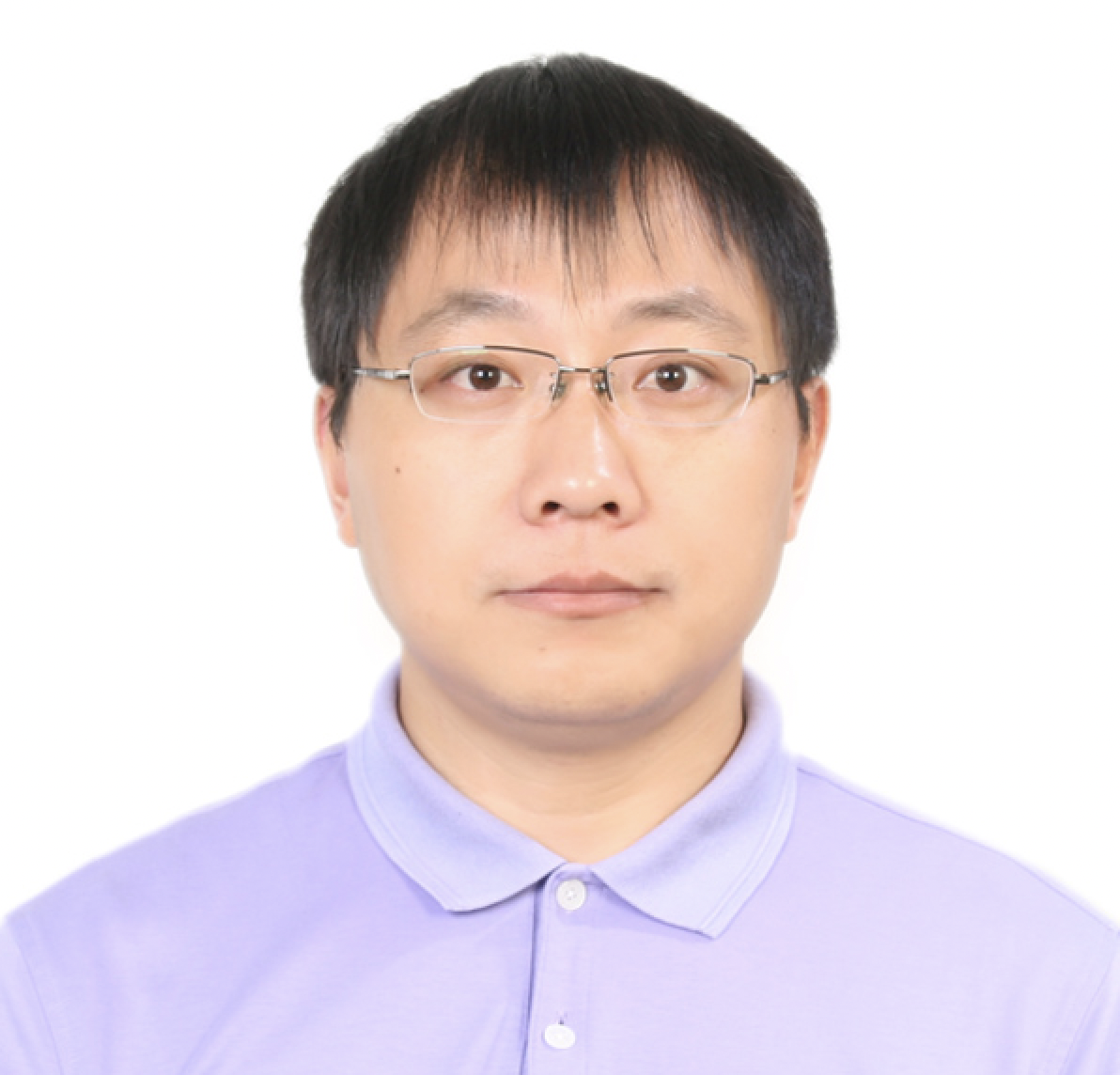
Bytedance Technology
Open System Firmware
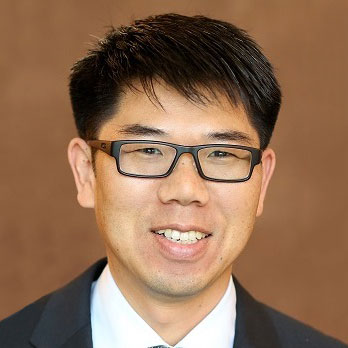
Samsung Electronics
Data Centric Computing
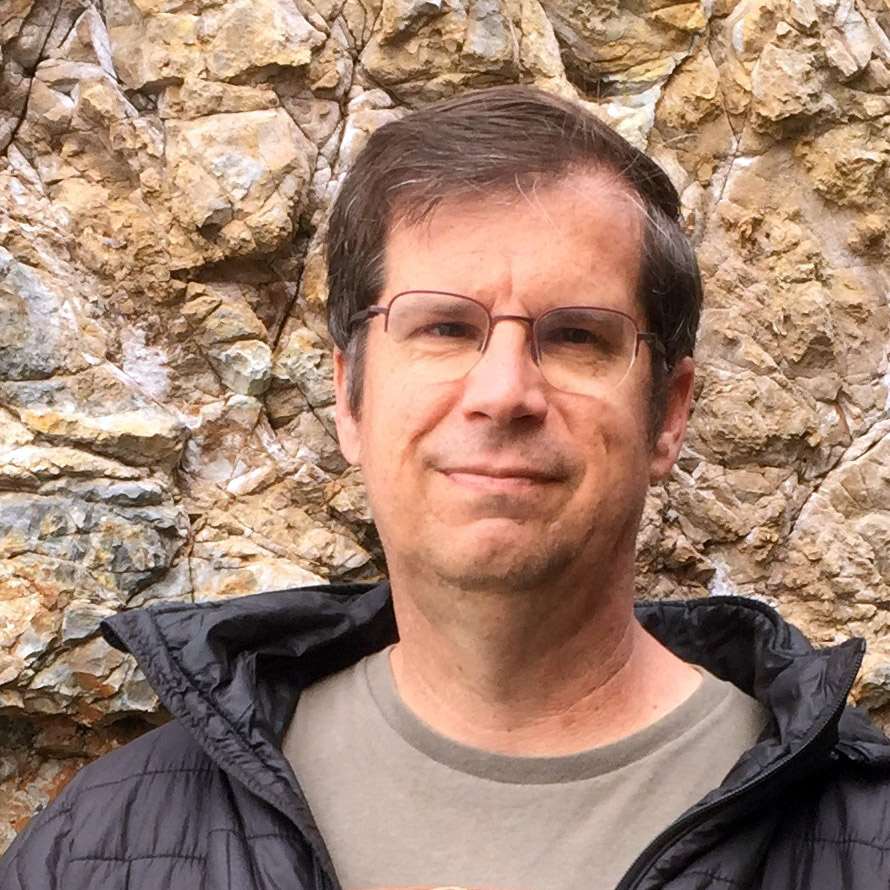
Meta
Storage
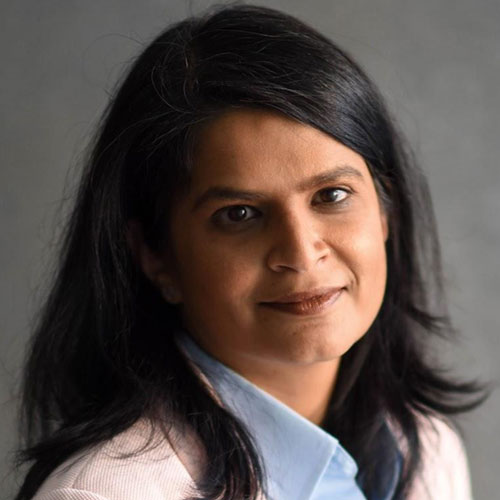
Google
DCF Sustainability
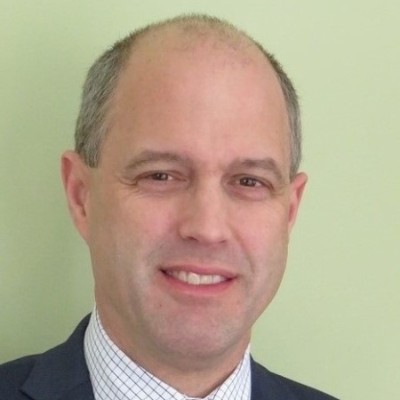
PCX
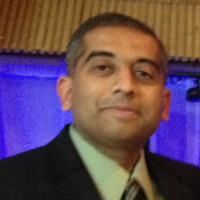
Broadcom Inc
Hardware Management
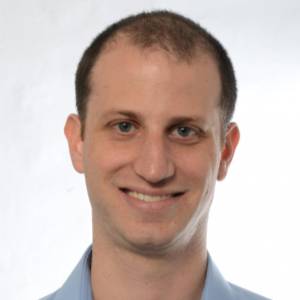
NVIDIA
Networking
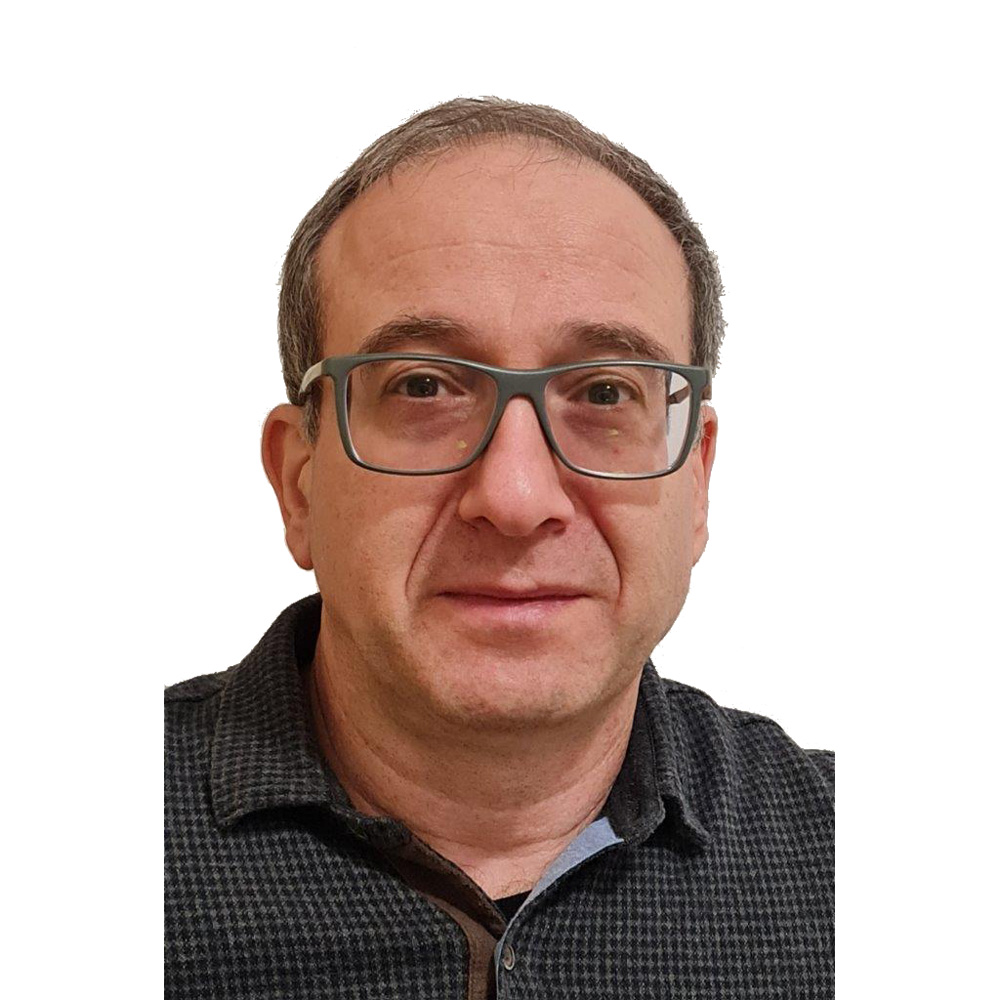
NVIDIA
ONIE
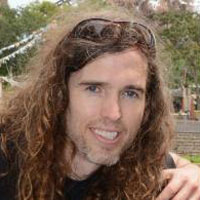
Microsoft
Security
OCP S.A.F.E. Program
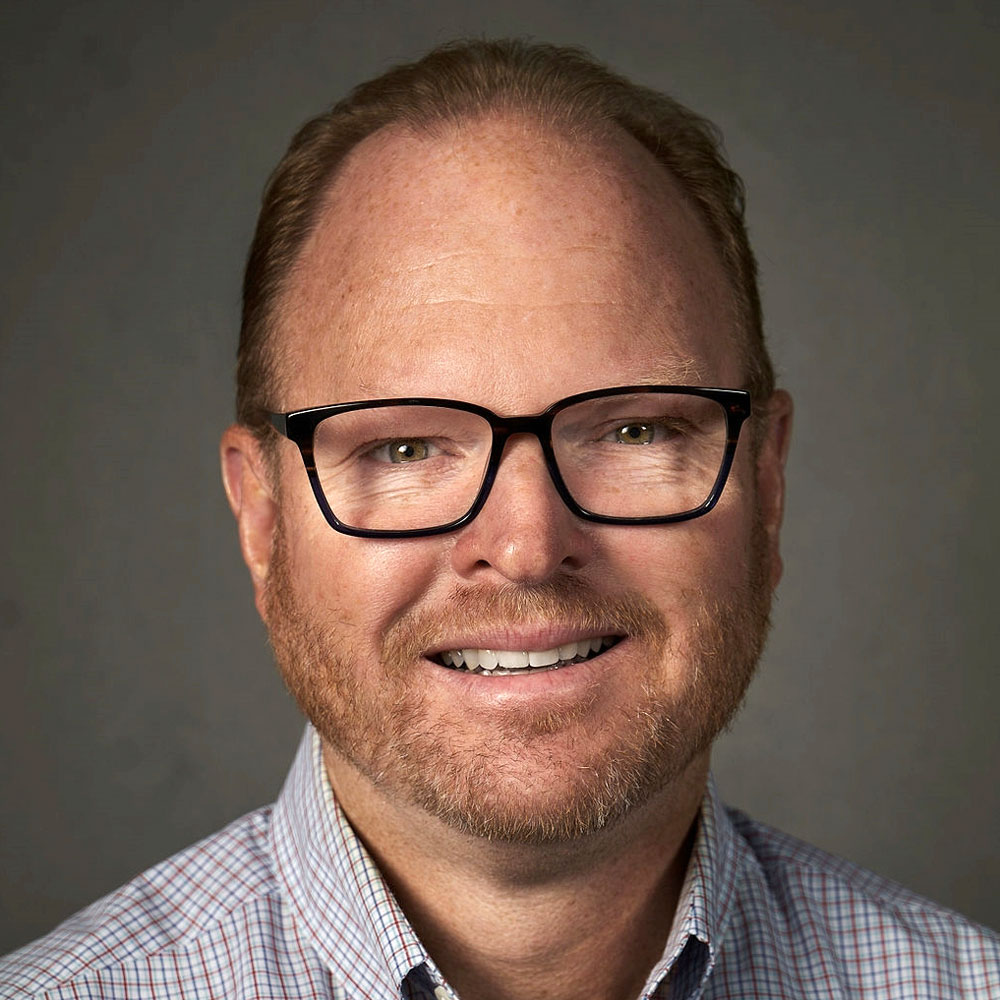
Dell Technologies
Server
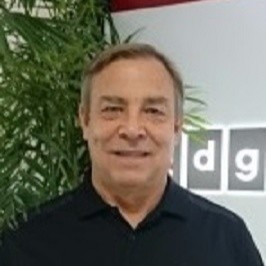
Edgecore Networks
Telco
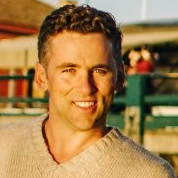
Dropbox
Hardware Management Module
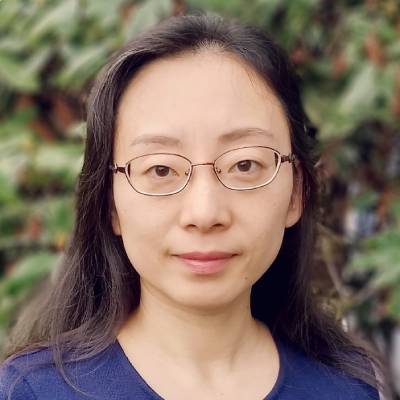

Vertiv
Advanced Cooling Facilities
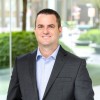
J.M. Gross Engineering
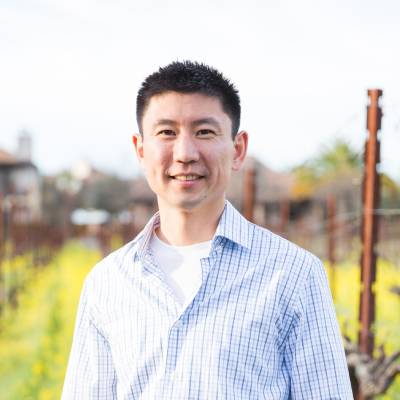
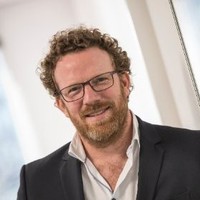
Promersion
Immersion
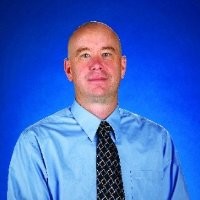
Green Revolution Cooling
Immersion
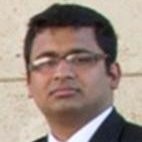
Meta
Cooling Environments
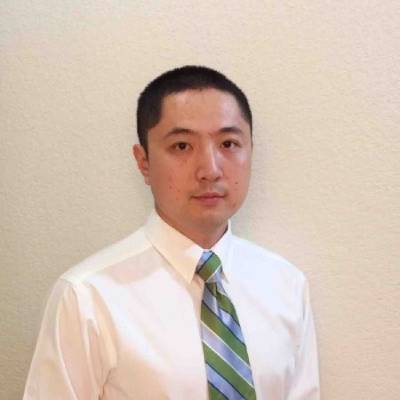
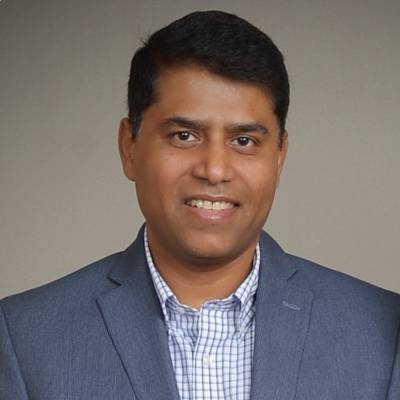
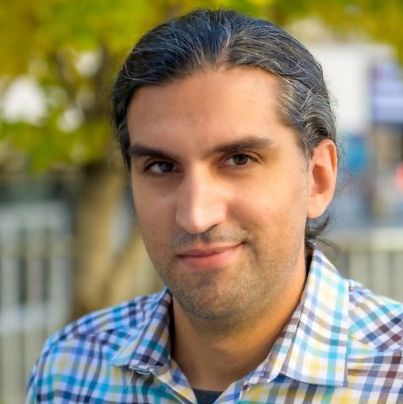
Open Compute Project
Enterprise Connectivity Solutions (ECS)
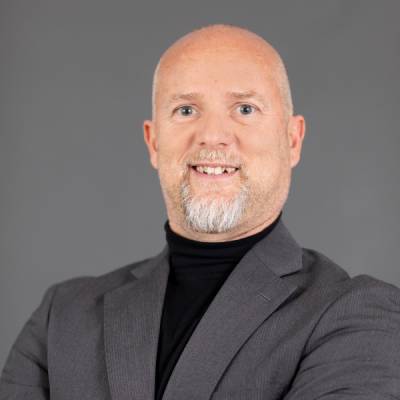
Castrol Lmtd (BP)
Cooling Environments
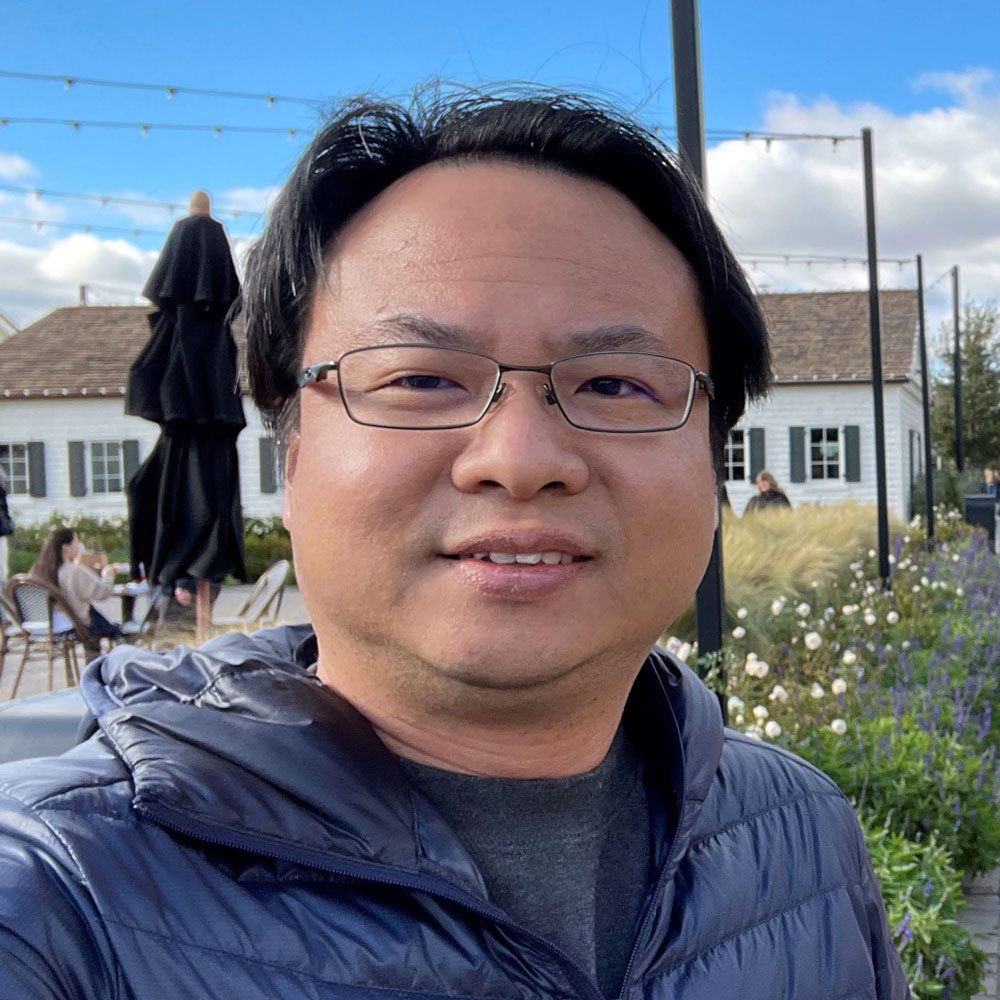
Meta
NIC
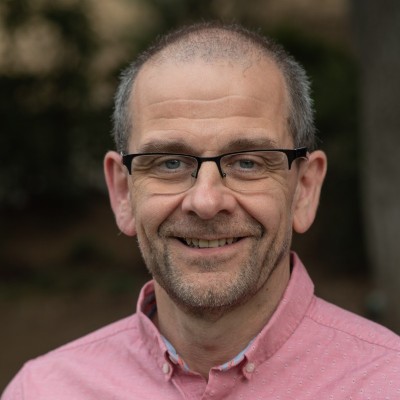
Open Compute Project
High Performance Computing - Incubation
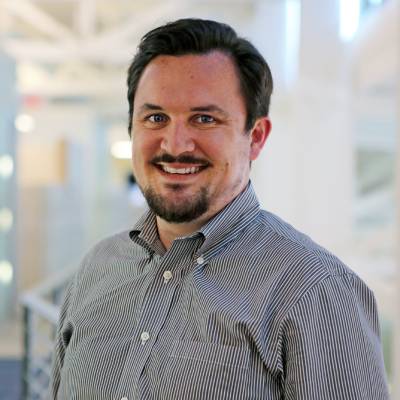
Cupertino Electric Inc.
Modular Data Center
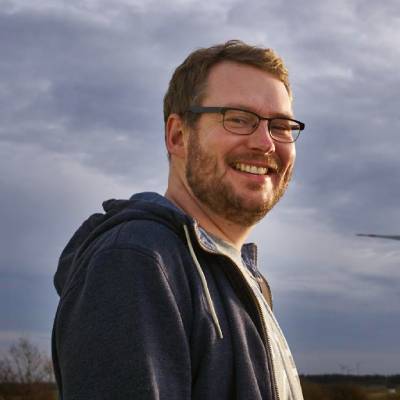
Open Compute Project
Modular Data Center

Samsung Electronics
Regional Project Community - APAC
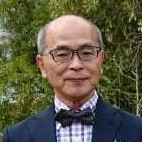
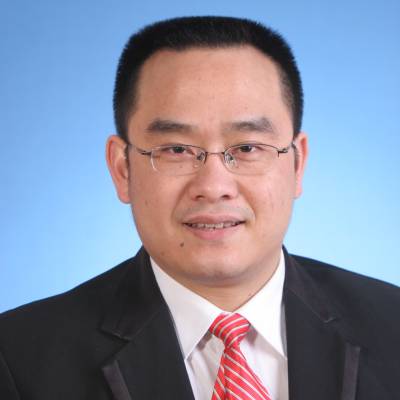
IEIT Systems
Regional Project Community - China Mainland
Bio
Anu Ramamurthy has worked in the semiconductor industry for over 25 years. She is currently an Associate Fellow, Design at Microchip Technology. Her current interests lie in the area of advanced packaging and heterogeneous integration. This includes all aspects of the ecosystem, starting with the technology, packaging, architecture, test, system integration and cost modelling of such designs. She is very active with the OCP - Open Domain Specific Architecture subgroup.
Anu is also very interested in mentoring women in engineering, has been part of the TechWomen program run by the U.S State department and also actively involved in the mentoring programs at Microchip.
Bio
Daniel Robbins, the esteemed Executive Director of MDC's (Modular Data Centers) at RakworX, Inc. , is a seasoned leader with over two decades of progressive experience in IT Infrastructure. He has a wealth of experience in shaping the landscape of modular data center solutions. With a proven track record in the industry, Robbins brings a strategic vision and innovative mindset to his role. In his capacity as Executive Director, Robbins plays a pivotal role in steering the direction of MDC's product design, development, application, and implementation. His leadership is characterized by a deep understanding of the evolving needs of the data center industry and a commitment to delivering cutting-edge modular solutions.
Erik Riedel, PhD has more than 20 years experience designing & building scale-out computing technology and teams, and currently works on open hardware and data center sustainability as Chief Engineering Officer for Flax Computing, innovating to pragmatically reduce the carbon footprint of large-scale computing worldwide. He previously served as Senior Vice President of Engineering for ITRenew’s circular data center initiatives, including the Sesame product line (acquired by Iron Mountain).
Prior to joining ITRenew, he led multiple infrastructure engineering organizations at Dell and EMC where he and his teams built several generations of market-leading scalable storage products with over $2b of deployed systems and 1000s of worldwide customers in all industry verticals.
Over the past twenty years he has watched new technologies create cultural and organizational change. He has helped create alliances and partnerships across the industry in open source and standards activities, including long-time participation in the Linux Foundation, Kubernetes and the Open Compute Project communities. He also served for many years on the SNIA Technical Council and led industry-wide efforts in object and green storage. He held research, innovation, and engineering leadership positions at Seagate Research and HP Labs and holds a PhD in Computer Engineering from Carnegie Mellon University.
Coming Soon!
Jaime Comella is a passionate advocate of developing data centers with a holistic view. He works at AQ Compute as Lead Data Center Architect, focusing on developing highly sustainable data centers, with a net zero architecture. Jaime has worked in the past years to enable decentralized computing liquid-cooled infrastructures that turn heat into something usable, acting in design and project management as well as at the international business development. He co-leads the Heat Reuse subproject of the OCP and is a member of the data center committee of the ASHRAE Spain Chapter. He lives in Madrid with his wife and two cats.
Jawad Nasrullah is CEO of Palo Alto Electron, a company at the forefront of developing heterogeneous integrated circuits and advancing 3D-IC technology for high-performance computing. His previous roles include President, CTO, and Co-Founder at zGlue, a pioneering company that developed a platform for chiplet production and a marketplace for their distribution. Before his entrepreneurial venture with zGlue, Jawad honed his engineering skills at leading tech companies including Samsung Electronics, Intel, and Sun Microsystems. He holds a Ph.D. in Electrical Engineering from Stanford University, is the author of six published works, and has been awarded 14 patents.
Jeroen Burks is a big advocate of 7R strategy to make IT more sustainable. Next to a background in Applied Physics and Business administration, Jeroen operated a startup aiming to build liquid cooled, decentralized, edge datacenter that recycle the waste heat a greenhouses. This gave an unique insight in the ecosystem of datacenters, liquid cooling and edge, all the way from design and manufacturing to operating and Business development.
Jeroen personal mantra: “It’s no use if it’s not used” goes 2 ways. First: It doesn’t make sense to put effort in a project if no one will use the solution, and secondly promoting the re-use of things. Could be hardware, could be heat.
Currently Jeroen is a consultant at ThermoIT; helping datacenters and IT operators change to liquid cooling and heat reuse, as well as bringing InCoolings’ 2 phase chip cooling to the market.
Raúl Álvarez is a data center expert and sustainability advocate. He has extensive experience in data center operations and design, especially in high-performance computing and edge computing. He is passionate about bridging the gap between technical and business aspects, and helping the European region achieve its sustainability goals through innovative data center solutions. He is also an active member of the Open Compute community, where he leads a workstream on immersion cooling challenges. He is well aware of the challenges and opportunities of adopting open technologies in the European market, and strives to foster collaboration and innovation to overcome them. He believes in the power of community and technology to make a positive impact on the world. Because of that, he was recently appointed to lead the Open Compute Project EMEA Regional Community.
He is currently Lead Consultant at eisar, a consultancy firm that provides services in business consulting, development, marketing strategy and planning for sustainability and open technologies.
Ron Swartzentruber is Director of Product Management at Lightelligence, Inc. and is responsible for managing CXL-over-optics products used for inter-connecting CPUs, GPUs and memory over an optical fabric. Ron has extensive experience in compute architecture for the cloud networking and network communication industries and holds 21 patents for inventions conceived throughout his career.
Bio
Dr. Weifeng Zhang is a Vice President of Lenovo Group and the Head of Intelligent Computing Infrastructure Lab, Lenovo Research. Prior to joining Lenovo, Weifeng was the Chief Architect and VP of Software at Lightelligence Inc, responsible for hardware software co-design and software ecosystem to empower optical computing and interconnect technologies. Before that, Weifeng was a fellow of Alibaba Group and the Chief Scientist of Heterogeneous Computing at Alibaba Cloud Infrastructure. He also was a founding member of the Board of Directors at MLCommons™ (MLPerf™) and currently serves as the Chair of AI Co-Design Workgroup at Open Computing Project Foundation (OCP). Weifeng received his PhD in Computer Science from University of California, San Diego (UCSD).
Murugasamy (Sammy) Nachimuthu is a Sr. Principal Engineer and a lead cloud solutions architect at Intel Corporation. Sammy joined Intel in 1995, he played key roles in architecture development of Rack Scale Design (RSD), Intel® Optane™ DC Persistent Memory, UEFI, SAL, DIG64, ACPI, Redfish, NVMe Over Fabric standards; PCIe, CXL, Memory and CPU hot plug, RAS and Seamless firmware updates; Intel processor and platform features. Sammy led BIOS/UEFI/Firmware implementation of various Intel® Xeon® and Intel® Itanium® server platforms. Sammy holds 79 patents.
Sammy graduated B.E in Electrical and Electronics Engineer and M.E in Computer Science from PSG College of Technology, Coimbatore, India
Ann-Kathrin Dechert is a Bachelor Professional (CCI) and studied foreign languages (english and french) before, she is now responsible for Solution Sales for the Rittal IT Cooling portfolio with almost twelve years experience within Rittal and already five years before, also in the cooling field of air conditioning and ventilation. She is mainly focussed on new IT cooling technologies, such as Direct-Liquid-Cooling solutions, which does of course also include rear door heat exchangers.
Ann-Kathrin is an open-minded, highly interested and very structured force in the company and uses her positiv attitude to encourage others to join her.
In her free time, Ann-Kathrin loves to read books, enjoys cooking at home and in summer time ride her bike.
Harry Soin is a Senior Director of Technical marketing at Advanced Energy. He has previously held various design and leadership positions over 35 years with the company. He managed AEI’s China Design Engineering facility in Shenzhen, China before relocating to San Jose, California. Harry has technical marketing responsibilities of AEI’s Hyperscale portfolio. Harry holds a Master’s of Power Electronics degree from University of Toronto, Canada and Bachelor of Electronics from College of Engineering, Pune India.
Harry is an active member of OCP Rack and Power as well as Immersion work streams. He has participated and presented at various Regional and Global summits. Harry was currently co leading Power distribution in Immersion track prior to taking on the role of the co-lead of Rack and Power work stream.
Saket is an expert in developing thermal solutions at both the data center and system level. He has extensive experience in assessing numerous data centers and providing recommendations to improve efficiency and reduce stranded capacity. As a manager of a team of thermal engineers at Hyve Solutions, he provided design inputs for compute and storage platforms, contributing significantly to the success of the company. Currently, as a part of the Technical Strategy team at Meta, Saket is exploring advanced technologies that are not only efficient but also environmentally less disruptive.
Bio
Chief Technologist for Cloud in DCAI. Peer+1 to a highly matrixed architecture team focused on Cloud Service Provider technologies, usage models, and solution architectures. Responsible for mapping existing and emerging customer workloads to system level architecture needs, supporting internal product and technology planning and pathfinding, as well as external disclosure, feedback & evangelization. Over 20 years in server component development, most of it spent on chipset projects and their associated technologies. Parent of a grade-schooler, and lapsed avid golfer.
Lee Prewitt is a Director of Cloud Hardware Storage with 30 years of storage industry experience ranging from Magneto-Optical to spinning rust to Flash. His former work at Microsoft has included working in the Windows and Devices Group where he was responsible for many of the components in the storage stack including File Systems, Spaces, Storport and Microsoft’s inbox miniport drivers. His responsibilities included storage devices ranging from SD and UFS in mobile to NVMe in Enterprise and Data Centers. He currently works in the Azure Hardware group where his team is responsible for future Data Center storage initiatives, specifications, and evangelization.
Jabari is a seasoned Mechanical Engineer, bringing over a decade of diverse experience in the Oil & Gas and critical facilities domains. His journey as a consulting engineer has seen him supporting multiple large capital expenditure projects, ranging from chemical processing plants to IT infrastructure. Since joining the OCP in 2018, Jabari has actively contributed to several workgroups, including Door Heat Exchanger, Advanced Cooling Facilities, and Data Center Facilities, demonstrating his commitment to driving cooperation and innovation in the datacenter industry. Additionally, as a member of the SSI Alliance - a Linux Foundation Project, he helps foster industry-wide collaboration to address complex challenges. Jabari's expertise has recently led him to the Uptime Institute, where he serves as a Senior Research Analyst, continuing his journey in shaping the future of datacenter sustainability, performance and resilience.
Ikechukwu is a seasoned Cybersecurity Leader with over 13 years of experience successfully guiding diverse Fortune 100 companies to achieve their security objectives. As an Infrastructure Data Center Security Manager at Meta, he oversees a team of engineers responsible for securing industrial operations and production workloads across Meta's fleet of Data Centers.
Before joining Meta, Ikechukwu served as a Manager in EY's OT cyber practice, where he advised manufacturing, life sciences, and oil and gas clients on large-scale cybersecurity program development and digital transformation initiatives.
As a Founding Fellow of CS2AI, Ikechukwu champions peer-to-peer networking, professional development, outreach, and leadership opportunities in Control System Cybersecurity on a global level. Additionally, he is an ISA99 Committee Member, contributing to and reviewing security standards for industrial automation and control systems.
Scott Sharp is a Staff Mechanical Engineer and global program engineering lead for third party data centers at Google. Scott is also the co-project lead for the OCP Ready work stream within OCP. During his tenure at Google, he has supported internal infrastructure as well as third party data centers.
Before joining Google, he worked as a consulting mechanical engineer supporting a number of different clients and industries (pharmaceutical, commercial, mission critical, heavy industrial, etc.).
Scott holds a bachelor’s of Science in Mechanical Engineering, Masters of Science in Mechanical Engineering, and a Masters of Business Administration from the University of Nebraska at Lincoln (UNL). He also holds a professional engineering license in a handful of states.
Ahmed has 22+ years industrial extensive experience in system Power Architecture. Recently, he joined AMD as a Sr. Fellow, Power Architect/Technologist Within GPU Data Center BU. Prior to AMD, he was a Sr. Principal Engineer at Intel working on AI/HPC system power architecture. He has been an active contributor in OAI since 2019. Ahmed Co-lead OAI Power workstream on OAM and UBB 2.0 specification definition.
Brian Aspnes is responsible for platform hardware pathfinding and architecture in the Data Platforms Engineering & Architecture (DPEA) with over 27 years of experience at Intel. Brian's focus includes high performance next generation Xeon processor architecture and translating new IO technologies into compelling datacenter platforms across High Performance Computing (HPC), Cloud and Enterprise. Brian has led the architecture and design of multiple 2-8 socket server generations for Intel's Datacenter group, including 11 years in Intel's Network Product Group. Brian Aspnes is an Open Compute Sub-Project Lead for the Datacenter Modular Hardware (DC-MHS) Project, a Workstream Lead and co-author for the DC-MHS Full Width HPM Form Factor (M-FLW) Base Specification, and contributor on the six DC-MHS specifications.
Coming Soon!
Coming Soon!
Coming Soon!
Ripin Checker currently leads the OCP Telco/Edge project for the Open Compute community. Ripin has decades of experience as a product and sales business development leader at companies like Cisco and Juniper. In early years of his career, Ripin built and brought MPLS solutions to market at leading service providers. Ripin has led SDN/NFV solutions bringing uCPE/Secure SD-WAN/Telco Cloud to market and built managed services with customers like ATT, Telstra and many other providers. Ripin’s most recent experience was working on convergence of routing and optical domains with optics and routed optical networking along with high speed silicon driving new AI-workload data center transformations.
Jeff Autor is a Distinguished Technologist in the Technology Incubation CTO Office of Hewlett Packard Enterprise (HPE). He has been involved with OCP and the Hardware Management group since 2013. Jeff has made multiple presentations at OCP Global Summit events on topics related to the Redfish specification, power and liquid cooling management, fault management, and Redfish Interoperability Profiles. He has been the co-Chair of the DMTF Redfish Forum since its inception in 2015, actively contributing to both the specification and the creation of open source tools to support the ecosystem.
Over his 30-year career at HPE he has designed and developed manageability solutions including support for SNMP, IPMI and JSON-based Redfish RESTful protocols across a variety of server, data center infrastructure, and remote management products. Jeff earned a BS degree in Electrical and Computer Engineering from the University of Illinois at Urbana-Champaign.
Song has over 20+ years of hardware platform and system architecture experience and recently joined AMD as Senior Director, Instinct Platform Architecture. Prior to AMD, he was with Meta and Intel working on AI/HPC system architecture and has initiated a collaborative effort on OAI. He has been an active contributor in OAI since 2019 and co-authored OAM and UBB 2.0 and 1.0 specification.
Jeff is a staff software engineer on the platform security team at Google, with a focus on firmware integrity and attestation flows in data center environments.
Han is currently with Meta AI/HPC core system engineering team. He has been in server, storage, cloud infrastructure, social network industry over 20 years with full experience and solid cross-field expertise.
He worked for HPE, DELL, HGST (Formerly as IBM Storage Group) etc. before joining Meta.
Han got a Ph.D. degree majoring in ECE. His academic backgrounds are in multi-areas: Electrical Engineering, Computer Engineering, Compute Science, Math, Data and Graphics Science, Machine Learning and Forecast, security and Cryptography.
He has a Patent Portfolio of around 30 patents and numerous conference, journal, and book publication as well as years of experience as Journal and Conference reviewer.
Steven Moore is the Project Lead of Rack and Power for OCP.
He is also the Global Account Manager of OEM accounts for Rittal, mainly dealing with Hyper Scale customers.
Maciej is a Software Engineer at Intel with 7+ years of experience in hardware management domain. Maciej worked on the Pod Manager for Intel's Rack Scale Design and Linux Foundation's Open Distributed Infrastructure Management project (ODIM). Both projects implemented Redfish for their manageability interfaces.
Alex is the Sustainability Lead for the Cloud & Service Provider segment at Schneider Electric. Prior to Schneider, Alex was on the team that established the North American microgrid business at Hitachi, and worked as an environmental and energy consultant for the National Park Service. He is the author of the book "Energy Resilient Buildings and Communities," from CRC Press, and the upcoming "Powering Through: A Professional Guide for Energy Resilience," which in partially dedicated to data center resilience strategies. He earned a B.A. in Environmental Science from Cornell University, and an M.S. from Johns Hopkins University in Economics.
Shijian (Nill) Ge is a Firmware Architect at Bytedance. He has defined Bytedance Cloud Firmware (coreboot+LinuxBoot) roadmap and is leading the team to make it into reality. He always has deep collaboration with the community and achieve win-win.
Nill has been working on system firmware for the last 20 years. He has worked on codebase module, silicon module, platform module on Tiano EDK2, he joined UEFI specification defination in 2007(Network sub-team). Prior to Bytedance, Nill worked on 4-socket, 8-socket server platform design. He had strong experience in server memory and RAS sub-systems.
Nill is a frequent speaker on firmware and system design topics at industry conferences. He enjoys collaboration with the community, he has hosted the workshop and delivered training on memory, RAS and system design.
Dr. Yang Seok Ki is currently serving as the Vice President of Memory Solutions Lab (MSL) at Samsung Semiconductor Inc., located in San Jose, California. He has been a part of the Samsung team since 2011, during which time he has overseen the development of numerous advanced projects such as SmartSSD, Key-Value SSD, CXL Memory Expander, and Memory Semantic SSD. Additionally, he has spearheaded the creation of the NVMe Key Value Standard, SNIA Key Value API, SNIA Computational Storage Architecture and API. Dr. Ki is also a member of the Open Computing Project (OCP) Future Technology Initiative (FTI).
Prior to joining Samsung, Dr. Ki worked for Oracle's Server Technology Group. He also conducted research in High Performance Computing (HPC), Grid Computing, and Cloud at Information Science Institute at the University of Southern California and the Center for Networked Systems at the University of California, San Diego. He received his Ph.D. in Electrical Engineering and Computer Engineering from Seoul National University, as well as his Bachelor's and Master's degrees in Computer Engineering from the same institution. Dr. Ki has completed the Engineering Leadership Professional Program (ELPP) from the University of California, Berkeley.
Ross Stenfort is a Hardware System Engineer at Meta delivering scalable storage solutions. He has been involved in development of storage systems, SSDs, ROCs, HBAs and HDDs with many successful products and over 40 patents. He has storage experience in both large and small companies including CNEX, Seagate, LSI, SandForce, SiliconStor and Adaptec. He has a B.S. in Electronic Engineering from Cal Poly, San Luis Obispo.
Priya Chhiba is a Senior Technical Program Manager in the Office of Strategy and Incubation (OSI) in Google's Advanced Technology and Innovation team. Priya has worked at Google for seven months , and has a passion for Sustainability. In her current role she is responsible for the incubation of new datacenter technologies that are sustainability focused and support Google's Net Zero by 2030 target. Her current responsibilities include the incubation of solutions associated with the reduction of Scope 1 and 3 Emissions, Water/Cooling Sustainability and Energy Efficiency.
Before joining Google, Priya had two decades of experience in power generation and started her career working as a power plant engineer at a Coal Power Plant in South Africa. Her most recent position was engineering manager at Enercon Services Inc. where she led multidisciplinary engineering teams to develop design, regulatory, analysis and licensing solutions for operating nuclear power plants. She also led ENERCON's Hydrogen Initiative, which was an ENERCON incubator venture focused on establishing the company as a service provider to the hydrogen economy.
Priya has a bachelors degree in Mechanical Engineering from the University of Kwa-Zulu Natal in South Africa and a Master's degree in Mechanical Engineering focused on Robotics and Controls from the Georgia Institute of Technology. She also has an MBA in specializing in Global Business Management from Ashford University. Priya holds Professional Engineering Licenses in several US states, is a member of the ASME (participant in the ASME Energy Storage Committee), SWE, and CATF Nuclear Hydrogen Initiative. Priya was also a speaker at the Sustainable Energy Council's inaugural Hydrogen America's Summit in 2021.
Sean Sivapalan is a Principal Engineer who has dedicated over 6 years to scaling data center liquid technologies from chip to facility level. He joined Nvidia in 2023 and is currently a Principal Materials Engineer for the Data Center Engineering team. Prior to Nvidia, he worked for Meta and Intel Corporation on advanced data center cooling technologies. In 2021, while at Intel, he was introduced to the Open Compute Project. While serving as the Advanced Cooling Solutions Sub-Project Lead, Sean was part of the team that formed the Fluid Serviceability and Maintenance workstream to accelerate the adoption of cold plate based liquid cooling in data centers. He has contributed to several publications both within OCP and to the ASHRAE T.C 9.9 community on data center liquid cooling. Since 2022, Sean has served as the co-lead for the Cooling Environment Project at OCP.
Ravindra is a part of Meta's networking team responsible for the development of FBOSS, the software that powers Meta's disaggregated open networking systems. Ravindra has been developing software for over 25 years in networking technologies such as P4, DCB, FCOE, MPLS-TE, and ATM switching at companies such as Barefoot Networks, Cisco Systems, Tellabs, and FORE Systems.
Anjaneya "Reddy" Chagam is a Senior Principal Engineer in Intel’s Data Center Platform Group. Reddy is responsible for driving server platform, storage and firmware architecture for cloud segment. Reddy has 20+ years of software development, platform architecture and systems engineering expertise. He is a board member in Ceph and SODA Linux Foundation storage projects. He was instrumental in initiating and gaining consensus among storage vendors to launch SODA (former name OpenSDS) Linux Foundation project. Delivered industry first OCP OSF Xeon server firmware solution for Tioga Pass (Skylake) and Delta Lake (Cooper Lake) OCP Platforms as part of OCP OSF initiative. Reddy co-lead OCP OSF project and currently focuses on OCP CMS initiative as CMS sub-project co-lead.
I am a Distinguished Engineer on the Architecture team in the Cloud and Emerging Technologies (CET) group at Dell Technologies. I've been at Dell for 30 years and have 30 patents granted in Desktop, Workstation, and Server design.
At OCP, I've been a Project lead of the Server Project since August 2014 working on the original Decathlete and OCP MEZZ specifications. We’ve come a long way since then and I’m excited about the opportunity to continue leading the OCP Server Project along with our NIC, OAI, HPC, ODSA, DC-SCM, CMS and future sub-projects.
Ahmad Byagowi is a Research Scientist focused on Time and Frequency Synchronization in Hyper Scale Networks. Ahmad received his first Ph.D. (Dr. Techn.) from Vienna University of Technology (TUWIEN) under the supervision of Prof. Peter Kopacek working on distributed control systems in 2010. Following that, Byagowi went to the University of Manitoba, initially as a Post Doc fellow working with Prof. Zahra Moussavi working on game engines and virtual reality systems. Due to his interest in the project, Byagowi started a second Ph.D. and finished it in 2016.
After that, Byagowi started working with Prof. Ramesh Raskar from the MIT Media Labs on haptic systems. This led him to Meta as a visiting scholar. He was impressed by the research there and decided to join Facebook in 2017. Byagowi still holds an Adjunct Professor title with the University of Manitoba.
In 2020 Ahmad started the OCP TAP with help of his colleagues to provide an open source solution for the time appliances in Datacenter environments. Shortly after, Ahmad came up with the design of the Time Card. With help of the community, Time Card became a reality. Today, Time Card is produced by many vendors. Ahmad is the chair of the IEEE P3335: Standard for Architecture and Interfaces for Time Card.
Coming Soon!
Damien is Hardware TLM in Compute Server Design team of Meta. He is responsible for defining and designing Meta next-generation server system to support fast growing infrastructure demands in large scale. Prior to Meta, Damien was with Intel responsible for Client segment power delivery architecture and customer reference board designs.
Damien led the OCP NIC sub-project with passionate and talented members consist of NIC suppliers, Hyper-scaler, Enterprise, connector suppliers and 3rd party test vendor to develop NIC form factor and specification development for NIC and non-NIC use-cases. OCP NIC has been a successful standard form factor in the industry.
Damien also led Meta’s contribution in DC-MHS jointly define server form factors with other industry players.
Director, Cloud Service Providers & Hyperscale, APJ Lenovo Enterprise Solutions (Singapore) Pte Ltd
Ngai, Wai Chung is a seasoned business and technology leader in Hypersclae, Cloud Service Providers (CSP) and the Enterprise space across Asia-Pacific and Japan (APJ). Wai Chung has over 25 years of IT industry experience serving these markets and offering technology solutions including Compute, Storage, Networking & Data Center to solve customers’ business and technical problems. Wai Chung was appointed Director of Lenovo’s CSP & Hyperscale, APJ in 2021. He is responsible for leading a team of Business Development Managers and Architects to offer and design the optimal infrastructure solutions, custom data center products and services for CSP & Hyperscale customers.
Prior to joining Lenovo, Wai Chung served as Senior Director of Dell’s Extreme Scale Infrastructure in Singapore and Director of Data Center Solutions (DCS) in Hong Kong for more than 11 years. He was the founding member of DCS to start-up the business operation and was responsible for providing Custom Server Platforms, Solutions & Services to Hyperscale and CSP customers in Greater China and APJ. Since joining Dell in 1996, he has held various leadership positions in High Performance Computing, Cloud Computing, Big Data, Networking and Data Center Infrastructure Solutions. Wai Chung also held several management & engineering roles in JOS Synergy (Hong Kong), iAsiaworks (Shanghai) and Siemens Advanced Engineering (Singapore) responsible for Solutions Consulting, Data Center Co-location Services and Network Engineering respectively in his early career.
Wai Chung holds a Master’s Degree of Business Administration from the University of Strathclyde.
Dr. Xiong is now with Networking Researching Group at Microsoft Research Asia as a principal researcher and research manager. Dr. Xiong received his B.S., M.S., and Ph.D degrees from Tsinghua University, Beijing, China in 1996, 1998 and 2001, respectively, all in computer science. His research interests include system and networking, as well as network security. He has published over 80 papers, and served as TPC member or reviewers for the international key conferences and leading journals in the areas of system and networking. Dr. Xiong is member of IEEE.
Dr. Xiong has been working on the system and networking area for a while, originally he worked on Internet routing protocols, after that, he turned to mobile ad hoc networks and peer-to-peer networks, which were both similarly end system based networks. He is now focusing on data center networking systems, especially on the architecture design, optimal scheduling problem, switch constructions to improve resilience, performance and diagnosis, as well as its security problem such as handing the DDoS attacks. He is also interested in building hardware networking systems, doing measurement and security related research.
Chief Architect of IEI (Inspur Electronic Information), the first author of book "Ten Technologies of Metaverse" and book "Software Defined Storage".